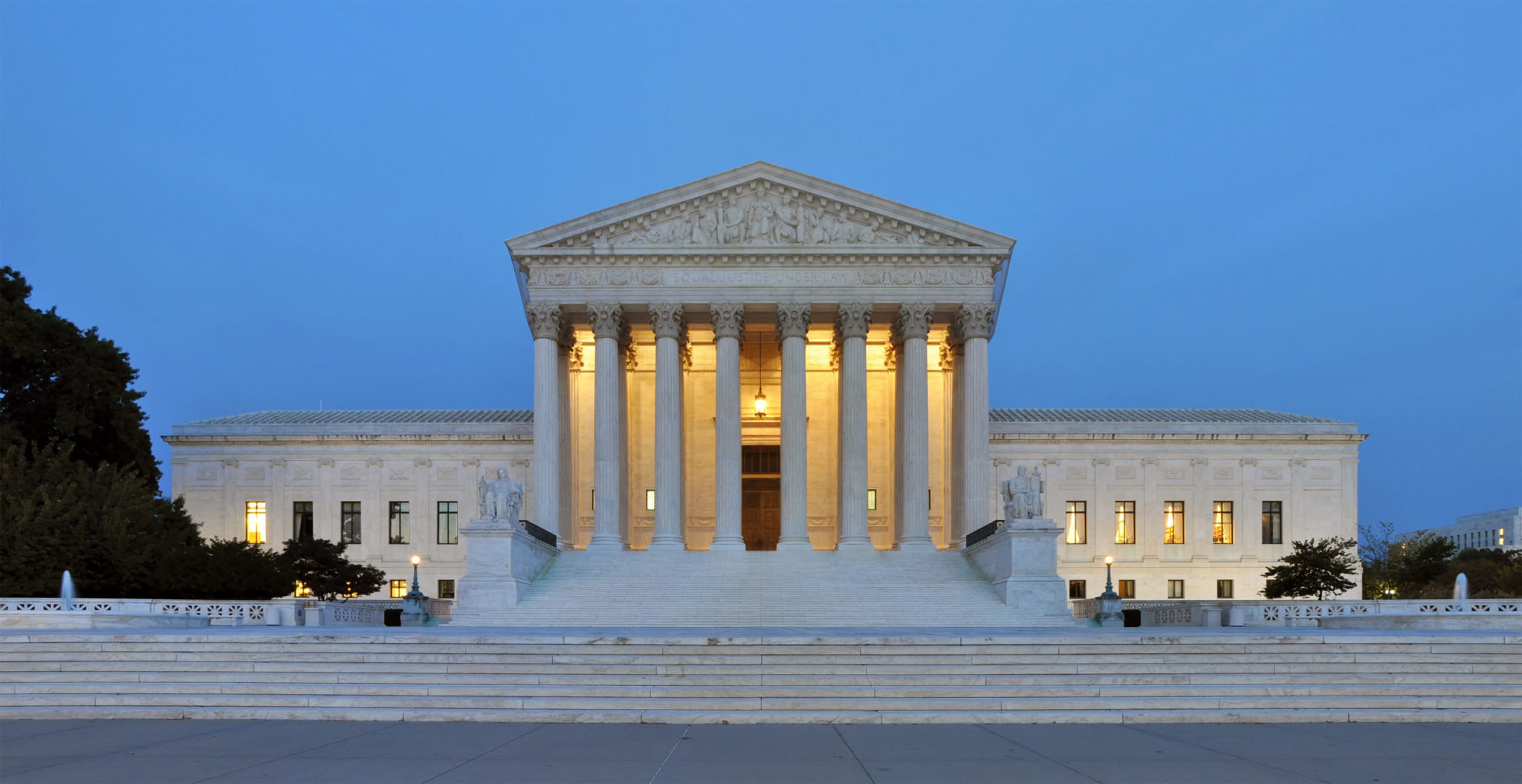
Wikimedia Commons
On April 9, President Joe Biden issued an executive order creating the Presidential Commission on the Supreme Court of the United States, a 36-person group that contains 17 Yale College and Yale Law School affiliates.
The commission is a bipartisan group of experts on the Supreme Court and the debate around its reform. The commission’s purpose is to analyze arguments for and against Supreme Court reform, focusing on various issues such as the size and case selection practices of the court. Law professor Cristina Rodriguez ’95 LAW ’00 was named co-chair of the commission and will serve alongside Law School Dean Heather Gerken, law professor Jack Balkin, law professor Justin Driver and 13 other College and Law School alumni.
The News was referred by multiple commission members to Deputy White House Press Secretary Andrew Bates, who did not respond to a request for comment for this story.
“The degree of Democratic rage about the treatment of Merrick Garland, and the contrasting confirmation of Amy Coney Barrett, makes it necessary to take the idea of reform seriously,” law lecturer Charles Rothfeld, who helps direct the Law School’s Supreme Court Advocacy Clinic, wrote in an email to the News. “But even leaving aside the political difficulty of enacting reform, it may be impossible to come up with an approach that wouldn’t make things worse over the long run.”
The 17 University affiliates appointed to the commission have extensive experience with the Supreme Court and nine of them have clerked for Supreme Court justices. Rodriguez and Driver both clerked for Justice Sandra Day O’Connor, and Gerken and Kermit Roosevelt III LAW ’97 both clerked for Justice David Souter. In addition, Walter Dellinger III LAW ’66 clerked for Justice Hugo Black.
The alumni and professors also have experience with arguing cases before the Supreme Court. Specifically, Dellinger served as acting United States solicitor general for the 1996-97 term of the Supreme Court — representing the federal government before the court for all cases during that term. Elise Boddie ’90 also supervised the NAACP Legal Defense and Educational Fund’s advocacy in several major Supreme Court cases while she was their director of litigation.
“Knowing how the Court works and understanding the internal dynamics between Justices obviously is valuable for the commission,” Rothfeld wrote to the News. “Having been a clerk may be helpful on that, but certainly isn’t necessary.”
Supreme Court reform has been a topic of much interest and discussion at the Law School for years — especially after Justice Amy Coney Barrett’s addition to the court and Biden’s recent election.
Law professor Samuel Moyn, who has taught a class dedicated to researching specific reform measures, said he believes that the formation of the commission will not significantly affect the likelihood of reform either way.
“Almost all of the reforms require legislation, which originates in Congress in the first place,” Moyn wrote in an email to the News. “And Congress is closely divided, with many moderate Democrats, even if Joe Biden were willing to sign legislation and it could survive court challenges.”
Rothfeld similarly said that one of the main struggles the commission will face is getting a “critical mass” of its members to agree. The commission will have 180 days after their first public meeting to produce a report on their proposals. Rothfeld said that regardless of the commission’s proposed reforms, Democrats will “inevitably” be disappointed.
According to Moyn, Democrats in Congress have not yet agreed on the kind of reform they would support — or if they even want reform in the first place. He noted that the commission “excludes the left almost entirely,” but features a range of opinion from the center-left and center-right.
In a November interview with the News, Jesse Tripathi LAW ’21, who took a class with Moyn on Supreme Court reform, highlighted the importance of reform measures and pointed to adding seats to the court as one possible option.
“I think it is really important for people to understand how weird, ahistorical and totally different than every other country our system is,” Tripathi said in the November interview. “And we don’t have to continue like that. … [Supreme Court reform] is actually something that has happened almost every generation throughout American history.”
Moyn said he suspects that members of the commission will not agree with each other on the majority of reforms, even ones that concern modest changes like term limitation. He added that he is happy to see the diversity and creativity of the potential reforms that the commission will be working with.
Rothfeld said he believes the reform measure that will be most-agreed-upon would propose a term limit that assures every presidential term an equivalent number of Supreme Court nominees.
“How much staying power court reform has as an idea may depend on how big an obstacle the Court is to the policy goals of a Democratic President and Congress, and how assertive the conservative majority decides to be on hot button issues like abortion and religion,” Rothfeld wrote to the News.
A total of 11 Supreme Court justices have attended Yale Law School.
Julia Brown | julia.k.brown@yale.edu
Alex Ori | alex.ori@yale.edu









